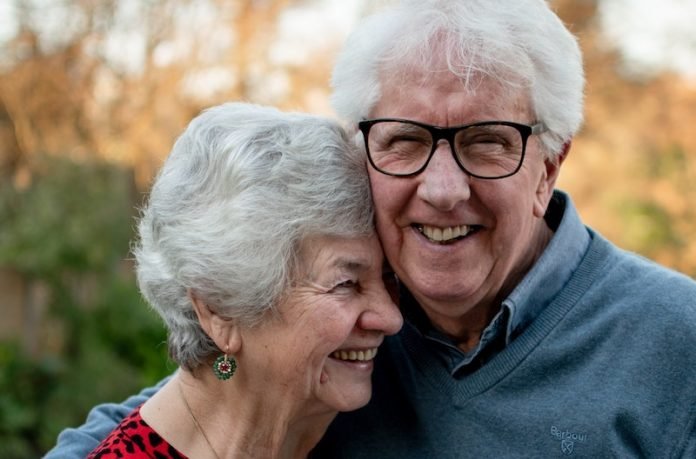
Scientists from Michigan Medicine found that despite the pandemic’s terrible toll on older adults, most people over 50 still say their health is as good as it was before March 2020, or even better.
But a sizable minority – 20% of those in their 50s and early 60s, and 14% of those over 65 – say their health has declined in that time.
The research is from the National Poll on Healthy Aging and was conducted by Preeti Malani et al.
In the study, the team asked older adults about how their health today compares with what they expected when they were younger, and what aspects of their life are helping them age well.
They found that nearly one-third of older adults of all ages say their health is a higher priority for them now than it was before the pandemic, with women, Black and Hispanic older adults more likely to say so than male or white respondents.
20% of adults aged 50 to 64 say their health has declined since the start of the pandemic, compared with 14% of those over 65.
By contrast, nearly 14% of those aged 50 to 64 say their health has improved, compared with just under 7% of those over 65. The rest said their health was about the same.
Blacks and Hispanics were more likely to say their health had improved during the pandemic years.
Those who are retired are less likely to say their health had improved than those who are working (5% vs 14%).
40% of those who say they are in fair or poor physical or mental health said their health had declined in the pandemic, compared with 11% of those who say they’re in excellent, very good or good physical health and 15% who say the same about their mental health.
Looking back on what they might have expected when they were younger, 26% of people age 50 to 64 say their health is better than they expected, compared with 43% of those over 65.
But among those who say their current physical or mental health is fair or poor, 54% say their health now is worse than what they had once expected.
The researchers also found two-thirds said their home environment helps a lot. Percentages were significantly higher for those with more education or higher incomes, and those who are married.
People over 65 were much more likely to say that their relationships and friendships help them a lot as they age, at 71% compared with 58% for people age 50 to 64.
Hispanic older adults were most likely to cite relationships and friendships as helping them a lot in aging well.
Around 55% said their outlook for the future helps them a lot in aging well, though women were much more likely than men to say so (61% vs 47%) and the percentages were lower among those who say they’re in fair or poor physical or mental health (37% and 44%)
55% said access to outdoor spaces helps them a lot, but the percentage was only 32% among those who said their physical health is fair or poor.
43% said that hobbies help them a lot as they try to age well, though the percentage was 29% among those in fair or poor physical health.
One-third of those in their 50s and early 60s said continued learning and education helps them a lot as they seek to age well; 22% of those over 65 said this.
Only 1 in 4 older adults said that their sense of connection to their community helped them a lot as they age.
The vast majority of adults aged 50 to 80 agreed that they know what steps they should take to be healthy as they age, but the poll shows gaps between what people “know” they should do and what they do.
If you care about wellness, please read studies that exercise can help older people retain their memory functions, and this stuff in cannabis may protect aging brain, treat Alzheimer’s.
For more information about wellness, please see recent studies that every person with diabetes should take this vitamin, and results showing vitamin B could help treat drug-resistant high blood pressure.
Copyright © 2022 Knowridge Science Report. All rights reserved.



